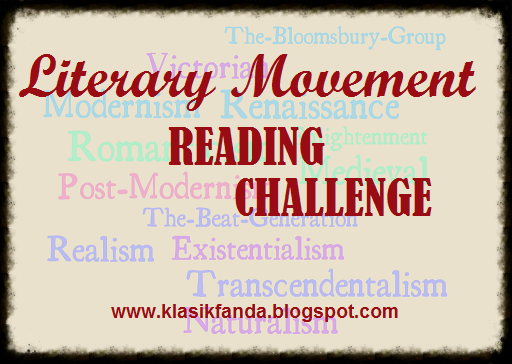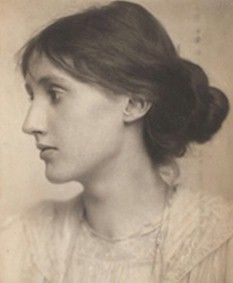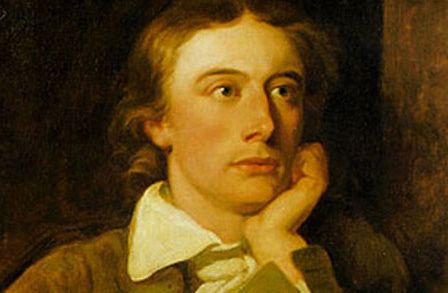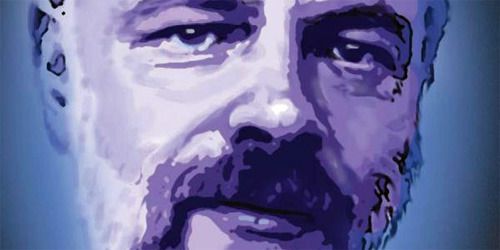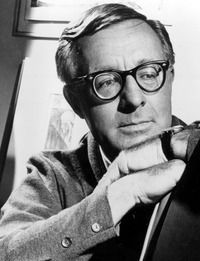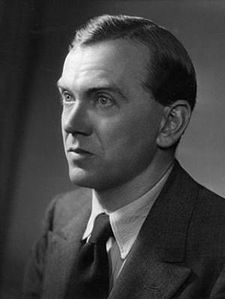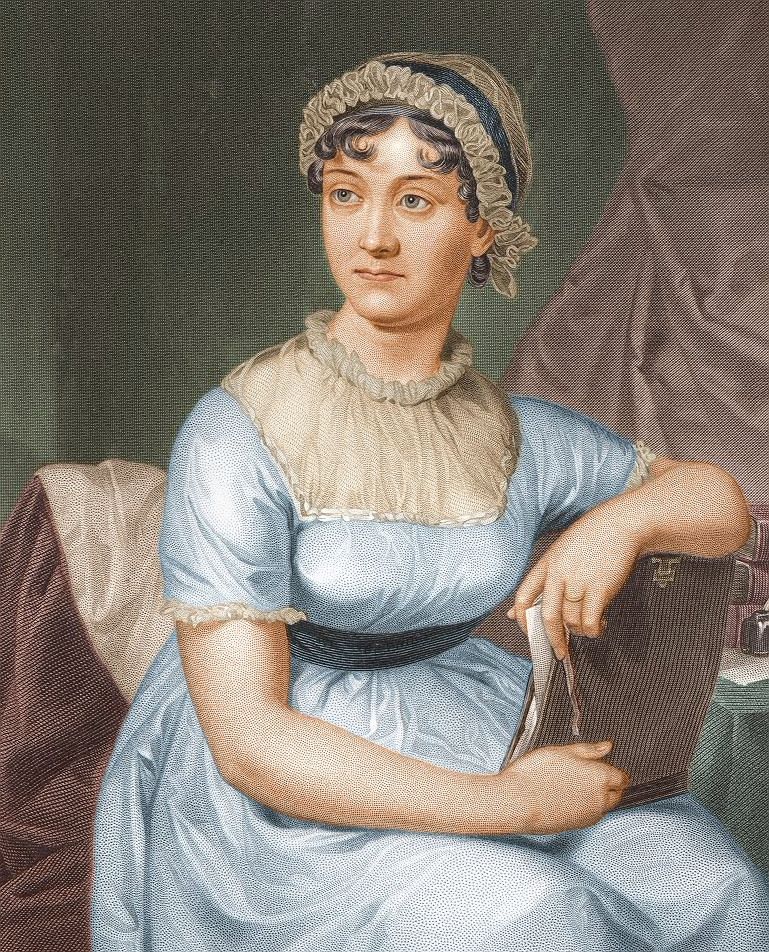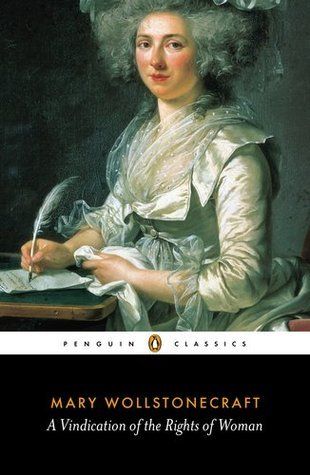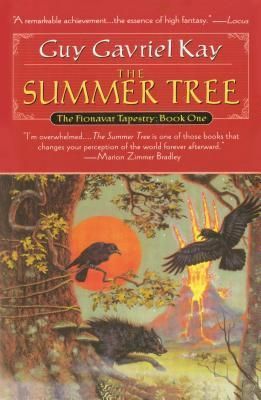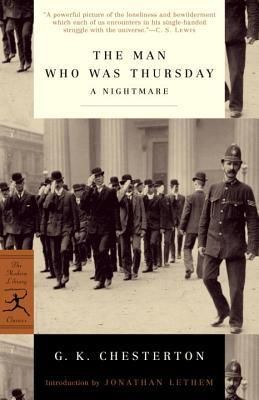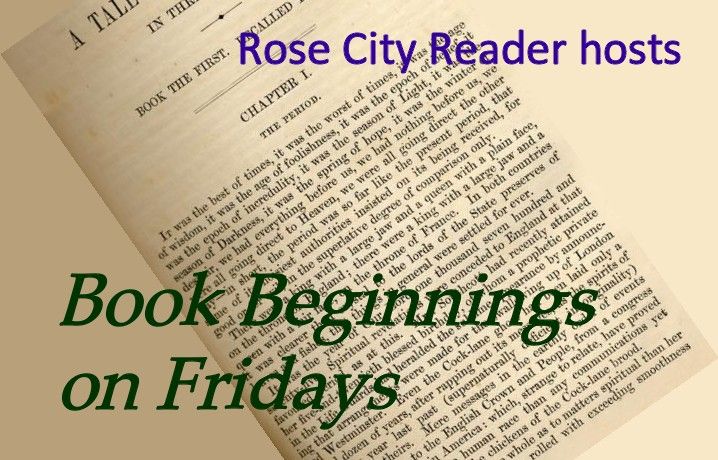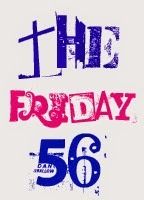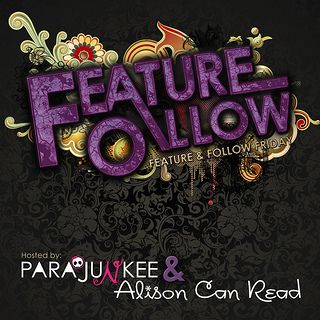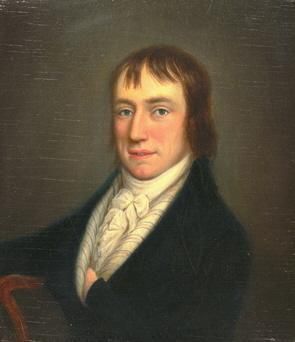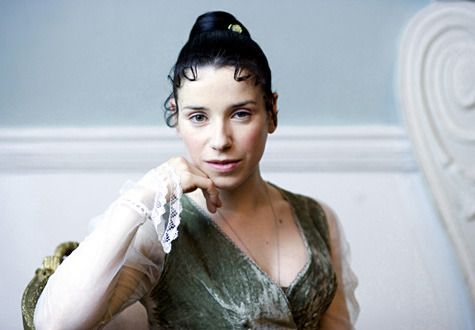 |
| So purdy. |
I wandered lonely as a cloud
That floats on high o'er vales and hills,
When alla t once I saw a crowd,
A host, of golden daffodils;
Beside the lake, beneath the trees
Fluttering and dancing in the breeze.
Continuous as the stars that shine
And twinkle on the milky way,
They stretched in never-ending line
Along the margin of a bay:
Ten thousand saw I at a glance,
Tossing their heads in a sprightly dance.
The waves beside them danced; but they
Out-did the sparkling waves in glee:
A poet could not but be gay,
In such a jocund company:
I gazed--and gazed--but little thought
What wealth the show to me had brought:
For oft, when on my couch I lie
In vacant or in pensive mood,
They flash upon that inward eye
Which is the bliss of solitude;
And then my heart with pleasure fills,
And dances with the daffodils.
What better way to start off the Romantic Period for the Literary Movement Challenge than with a poem by William Wordsworth. I am obviously not the first person to point this out, but isn't it cool how one of the great poets from the 19th century happened to have the last name of Wordsworth. Not that a last name influences one's vocation but I always wondered if his last name were something more common like Smith. Would William Smith have gone on to become one of the preeminent figures of the Romantic Age or would have have chosen an illustrious career in Blacksmithing instead? Anwyays, I digress.
A few people have personally requested that I discuss more about poetry on this blog and while it may not be my area of expertise, hopefully I can offer some general reading techniques that have helped me to engage poetry on a more critical level, while at the same time, explain various poetic terminology along the way; taking a closer look at structure as as language, rhythm, meter, etc. that might help others who might be new to poetry and often find it difficult or intimidating. I am do not claim to be a literary critic like Stanley Fish or Cleanth Brooks with expert knowledge in poetry, capable of dissecting a poem to its bare essentials with such verve and brilliant precision. I am just a normal dude who likes to read and dabble in a bit of poetry of my own on occasion. My primary objective is to get others interested and excited about reading poetry. Therefore, it seems appropriate to start off a lovely and and relatively simple poem to see how one might pull off a close-reading. Alright, let's break it down.
I Wandered Lonely as a Cloud
is a very famous poem but for those who may not be familiar with it, a
bit of back-story. As I mentioned in the introductory paragraph, William
Wordsworth was one of the forefathers of the Romantic era but how does
one exactly define Romanticism? This is a difficult question to answer
with any concrete explanation; thus, the focus should be on the
possibilities of the genre. Some people might assume that this literary
movement focuses on romance or 'love poetry' but that would be a
misnomer. In a nutshell, the preceding Enlightenment period emphasized
reason, science, order, constraint, a shared collective experience where
rational thought supplanted superstition. Romanticism attempted to
subvert these ideologies in favor of emphasizing the importance of self
and personal experience; emotion/feeling, imagination, nature, freedom,
inspiration--essentially, the rejection of rationalism. Obviously,
having a basic understanding of the ideas and social/historical context
of this or any other literary movement will be helpful to form an
understanding of the poem but that is only one facet of critical
analysis.
Using
this poem as an example, we can see how several of these ideas are
emphasized by the poet. Pay attention to the way Wordsworth shows how
experience grows in the imagination ("inward eye") along with the
sympathetic relationship between man and nature which is drawn from this
personal experience. The subjective self is clearly important in
establishing the epistemological arguments of the poem where knowledge
can be advanced by shaping the imagination through the
engagement of the environment. Nature--or more specifically, the
daffodils--are linked to the patterns and grandeur of the universe. The poet forms a connection to the spiritual harmony of
creation. In essence, the whole poem--event and interpretation--presumably
comes as a presentation of real experience, preceding the act of
composition, making up the materials of poetry. The juxtaposition between the
actual work of a poet and his personal experience may be a very
delicate and tenuous one but sometimes there is a very close correlation
between the events and the poetry. This happens to be the case with
this particular poem. Wordsworth lived most of his life in the Lake
District, a fairly large rural area in England which is well renowned
for its lush forests, rolling hills, picturesque scenery and enchanting
waters. He would often take long walks around his home, soaking in the
beauty of nature, using it as an inspiration for his writing. One of
the end results is this poem. There is evidence that such an instance
took place, recorded in the diary of his sister Dorothy, who accompanied
him on one of these walks where they encountered a field of daffodils
along the shores
of Ullswater. Of course, Wordsworth clearly does more than merely
report the scene (1802) in the poem that was eventually completed in
1804.
We have the impression that the poet had the experience and then
reflected on its significance at a later date before entering upon
composition to write the poem. However, is not thinking about the
original experience also qualify as material as much as the sight of the daffodils?
Scansions
(looking at poetic structure) is another effective way to tackle a
poem--examining the aesthetics of language, meter and rhyming patterns
can very useful to derive meaning. Let's look at the general structure
of this poem then: it is divided into four stanzas, contains a rhyming
pattern of ababcc and the meter is iambic tetrameter with
slight variations (a fancy way of saying that each line contains four
"feet" of unstressed/stress beats like this: da Dum, da Dum, da Dum, da
Dum). How is this useful you might ask? Well, for starters, the specific rhythmic movement
and cadences of language often serve to emphasize meaning in poetry. I
don't want to get into the complex semantics of language but think about
some of your favorite pop songs. They operate under their own specific
rhythmic structure, containing a catchy chorus; particular words and
lines emphasized or repeated for dramatic effect. I am not trying to
suggest that "Wrecking Ball" by Miley Cyrus should be considered poetry, resembles or is in some way
influenced by Wordsworth; but rather, to merely illustrate that the
aesthetics of modern pop songs share a lot in common with poetic structure and form that may not be readily apparent.
The use of repetition ("dancing," "gazed") personification, simile, alliteration and anastrophe (the
literary device of inversion) is worth keeping an eye on in this poem.
The use of specific words such as "host" (Line 4) cater to the poem's
religious implications--the speaker's spiritual transcendence derived from nature with the
daffodils representing the holy communion or heavenly "hosts" as angels.
Furthermore,
there is a musicality to this particular poem not only in imagery (the
"dancing of the daffodils") but in the actual lines themselves. Take a
look at line 12: "Tossing their heads in a sprightly dance." The
transition from the sight of ten thousand daffodils in the previous line
(hyperbole) to "tossing their heads in a sprightly dance" produces the
sense of awe in the speaker. Indeed, would could interpret his
experience as witnessing the sublime in nature. Upon a closer inspection
of this line, the verb "tossing" should be read as a trochee
(stress/un-stress) instead of an iamb. The stress on this word is
important because it highlights the specific movement of the daffodils,
creating a whimsical feel through the bobbing and swaying of daffodils.
One should also consider the use of dancing
throughout the poem. Each stanza echoes a particular dance whether it
be formal or patterned: the dance of conceptual movements--past to
present, solitude to joyfulness, free-floating to grounded, ethereal to
celestial, fanciful outer landscape of nature to the inner landscape of
the mind and most importantly, the dance of visual observation to the
powers of the imagination. The poem is a document in form and content;
the speaker's intellectual movement from an observer to participant in a
dance, revealing in the process, the harmonizing capacities of the
imagination.
